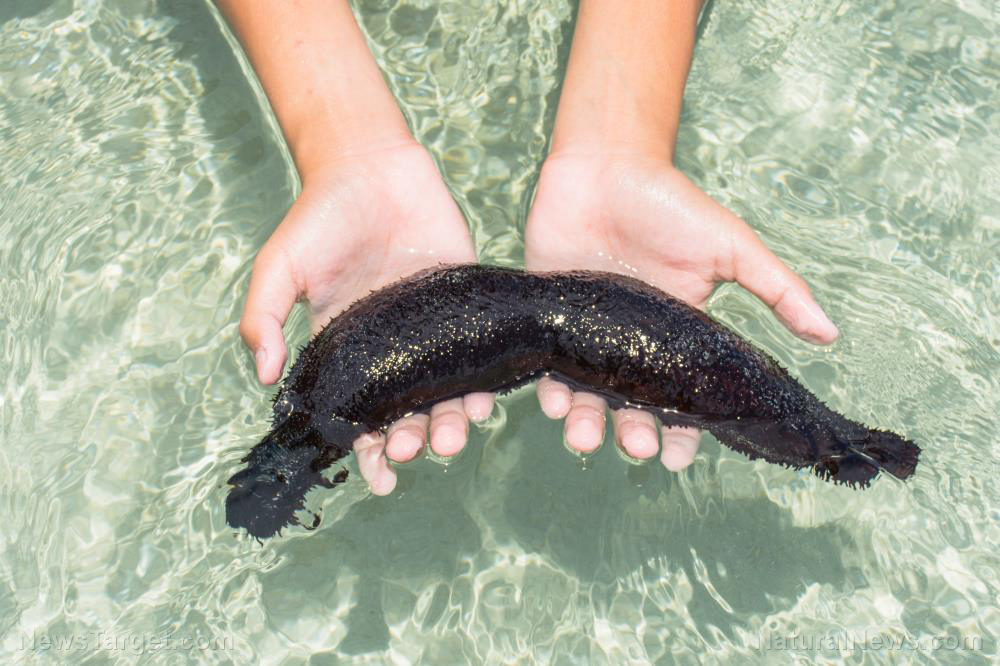
Earlier studies have shown that sea cucumber extracts possess powerful bioactive components that exhibit antioxidant, antibacterial, anti-cancer, anti-inflammatory, and antiviral activities. However, the effects of sea cucumber on asthma are not understood. Therefore, the research team decided to investigate these using a mouse model.
Asthma is a chronic disease that causes the airways to become inflamed. This inflammation makes the airways extremely sensitive to irritants and more vulnerable to allergic reactions. The researchers began their experiment by giving mice sea cucumber extract orally seven times. Then, they induced asthma using ovalbumin (OVA)-alum.
They found that pretreatment with sea cucumber extract dramatically reduced the hyper-responsiveness of mice with OVA-alum-induced asthma. Sea cucumber extract also reduced the number of eosinophils in the lungs of pretreated asthmatic mice. In addition, pretreatment with sea cucumber extract increased the amount of regulatory T cells in the mesenteric lymph nodes of mice after seven administrations. Regulatory T cells play a role in the suppression of inflammation.
Based on these findings, the research team concluded that the consumption of sea cucumbers could prevent or decrease the frequency of asthma attacks. This is due to sea cucumbers' ability to reduce allergic airway inflammation.
Other health benefits of sea cucumbers
Besides their protective effects against asthma, sea cucumbers offer many other health benefits, such as:
- Providing nutrients — Sea cucumbers are rich in protein, phenols, antioxidant flavonoids, and B vitamins. They also contain compounds called triterpene glycosides, which have antifungal, antitumor, and immune-boosting properties.
- Protection against cancer — Sea cucumbers are rich in compounds that fight cancer. In an in vitro study published in the journal Bioorganic & Medicinal Chemistry Letters, researchers reported that the triterpene saponins found in Vietnamese sea cucumbers have a toxic effect on breast, prostate, and skin cancer cells. Another study published in the Journal of Zhejiang University Science B showed that the triterpene in sea cucumbers inhibits the spread and growth of human liver cancer cells. (Related: Compound found in brown algae and sea cucumber found to inhibit formation of skin cancer and promote cancer cell death.)
- Supporting heart health — Consuming sea cucumbers helps improve heart health. In an animal study published in Marine Drugs, researchers found that sea cucumber extract significantly lowered the blood pressure of hypertensive rats. A study that appeared in PLoS One also recommended adhering to a sea cucumber-rich diet because it can reduce total cholesterol, low-density lipoprotein (LDL) cholesterol, and triglyceride levels.
- Improving liver and kidney function — A study published in the journal BioMed Research International found that rats with hepatorenal disease experienced significant reductions in oxidative stress and liver damage after eating sea cucumber extract. The rats also showed significant improvements in terms of liver and kidney functions.
Adding sea cucumbers to your diet
Sea cucumbers can be eaten raw, fried, pickled, or dried, as is commonly done. Dried sea cucumber is typically rehydrated and used as an ingredient in soups, stews, and stir-fried recipes. Sea cucumbers have a slippery texture and a bland taste, so they are often combined with flavorful spices, meats, or other seafood. In Asian cuisine, sea cucumbers are often cooked with Chinese cabbage, shiitake mushrooms, and winter melon.
To read more studies on natural remedies for asthma, visit FoodIsMedicine.com.
Sources include:
Please contact us for more information.























